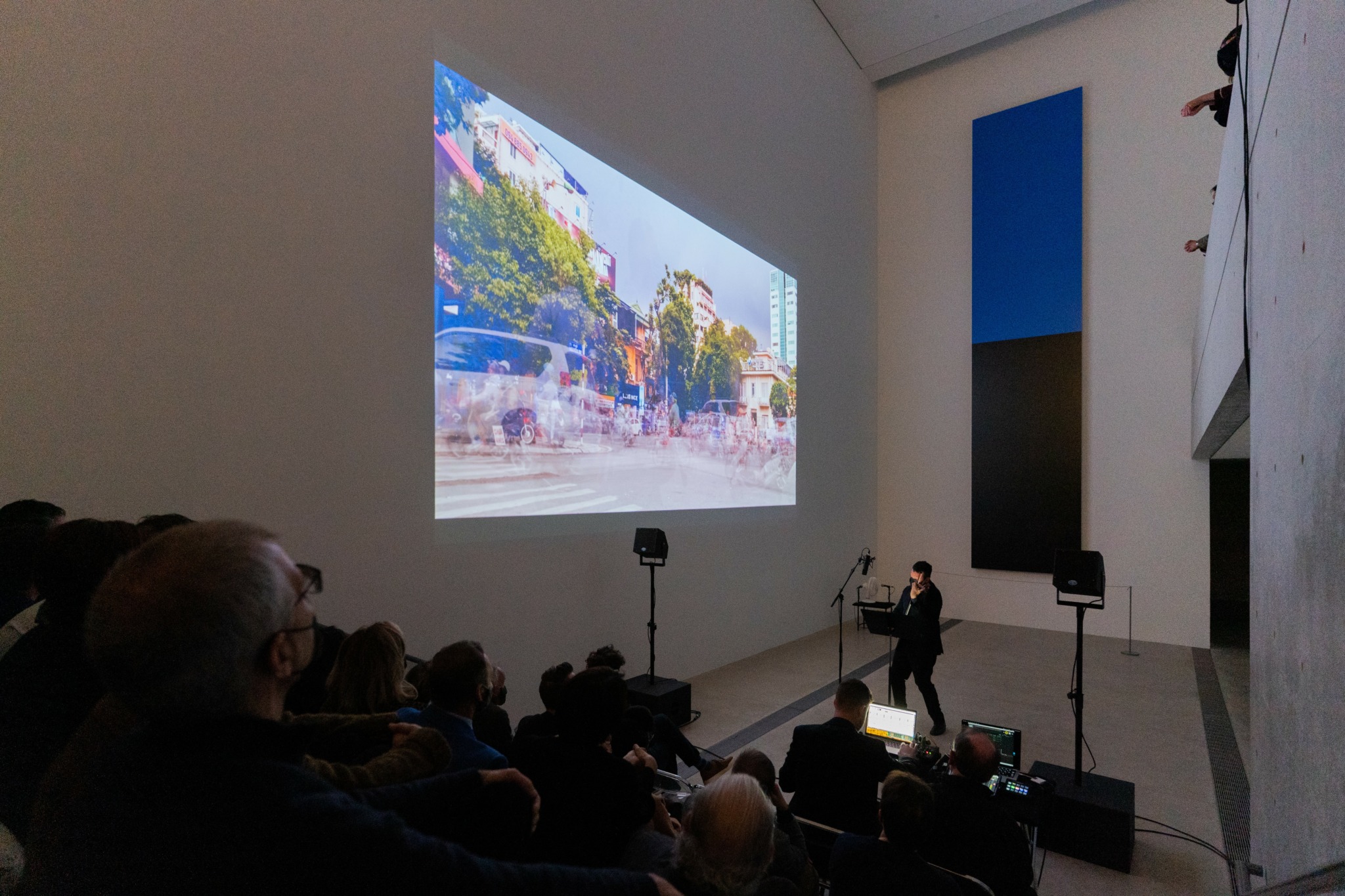We’re excited to introduce you to the always interesting and insightful Christopher Stark. We hope you’ll enjoy our conversation with Christopher below.
Christopher, appreciate you joining us today. Can you share a story about the kindest thing someone has done for you and why it mattered so much or was so meaningful to you?
When I was an undergraduate student at the University of Montana, a childhood friend helped me when I was in a really difficult spot. I had just started my sophomore year and moved in with a girl whom I had just begun dating a few months prior. I was young and naive, and I hadn’t fully considered what might happen if this relationship didn’t work out. Needless to say, it didn’t, and when it didn’t, I was out of a place to live. This was in the middle of the semester, and I was broke, so I reached out to a friend to see if I could sleep on his floor. Music school was my dream, and I really didn’t want to drop out, and this friend got me through a rough patch. Not only did he let me sleep on his floor (I’d try to show up late, crash, and leave early), but he also provided me with food when I’d inevitably stop by the gas station deli he worked at to say hello (it was often the only thing I’d eat that day). I showered at the rec center on campus, and I kept my belongings in my locker in the music school. This lasted for weeks, which was just enough time for me to finish the semester and hitch a ride back home to Polson, an hour north of Missoula. I often think of how selfless this friend was in helping me. He fed and housed me, and he was only 18-or-19-years old. I’ve known this person since I was a toddler, and to this day I think it is the kindest thing anyone has ever done for me. He has since gone on to become a world-class chef and even had his own restaurant in New York City. I often think about how my life could have been different had he not helped me through that moment.
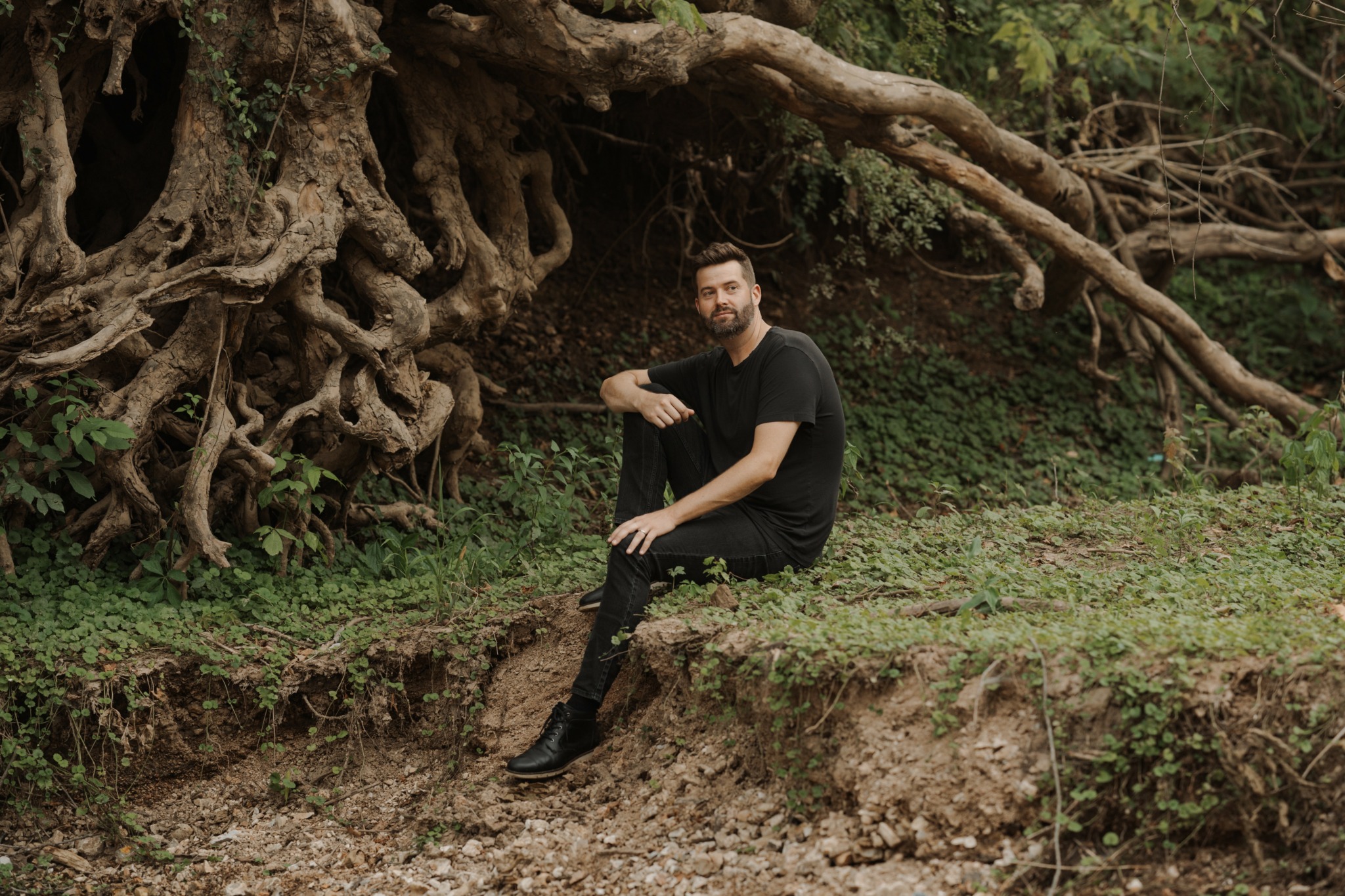
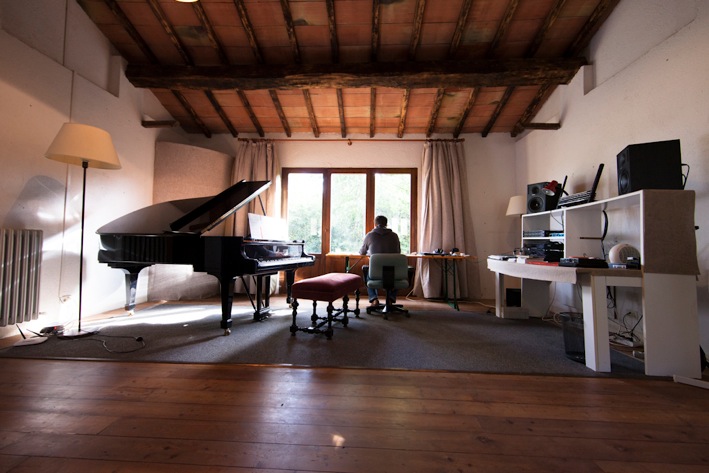
Christopher, love having you share your insights with us. Before we ask you more questions, maybe you can take a moment to introduce yourself to our readers who might have missed our earlier conversations?
I am a composer and university professor in St. Louis. I am originally from western Montana, and I spent the first 24 years of my life there. I grew up on Flathead Lake, attended the University of Montana, and then did graduate degrees in Cincinnati and Ithaca, NY. I moved to St. Louis in 2014 to teach at Washington University in St. Louis.
Listening to music is my favorite activity, and I have wanted to be a musician my entire life. I have never wanted to do anything else (even though this profession has a lot of ups and downs). When I was younger, I thought I might play guitar and sing in a band, and when I started college, I still had those dreams, but thought maybe I’d make ends meet by teaching in a local Montana high school. Because my college didn’t have a guitar teacher, I studied trombone, and I found myself wanting to write pieces for my friends, which slowly grew into an interest in writing for other instruments. I switched my degree program to Music Composition my junior year and never looked back.
I primarily write instrumental music, which is often augmented with electronic sounds. I receive commissions to create new works which range from symphony orchestra to film score to solo piano. In recent years, my work has become increasingly focused on landscape, nature, and the environment, and I suspect it’s because I miss home. The western landscape is an endless source of inspiration to me, and I find myself returning frequently to it in my work.
Recent projects include an hour-long piece for chamber ensemble based on a month-long road trip I took on the west coast documenting forest fires in 2020; a five-movement work for the Aspen Music Festival based on imaginary folk music; and a piece commissioned by the University of Chicago that attempts to augment the concert hall with field recordings of calving glaciers. Each new work is a universe unto itself, and as difficult as it is to make a living as a composer, I think inhabiting these worlds is a wonderful way to spend one’s life.
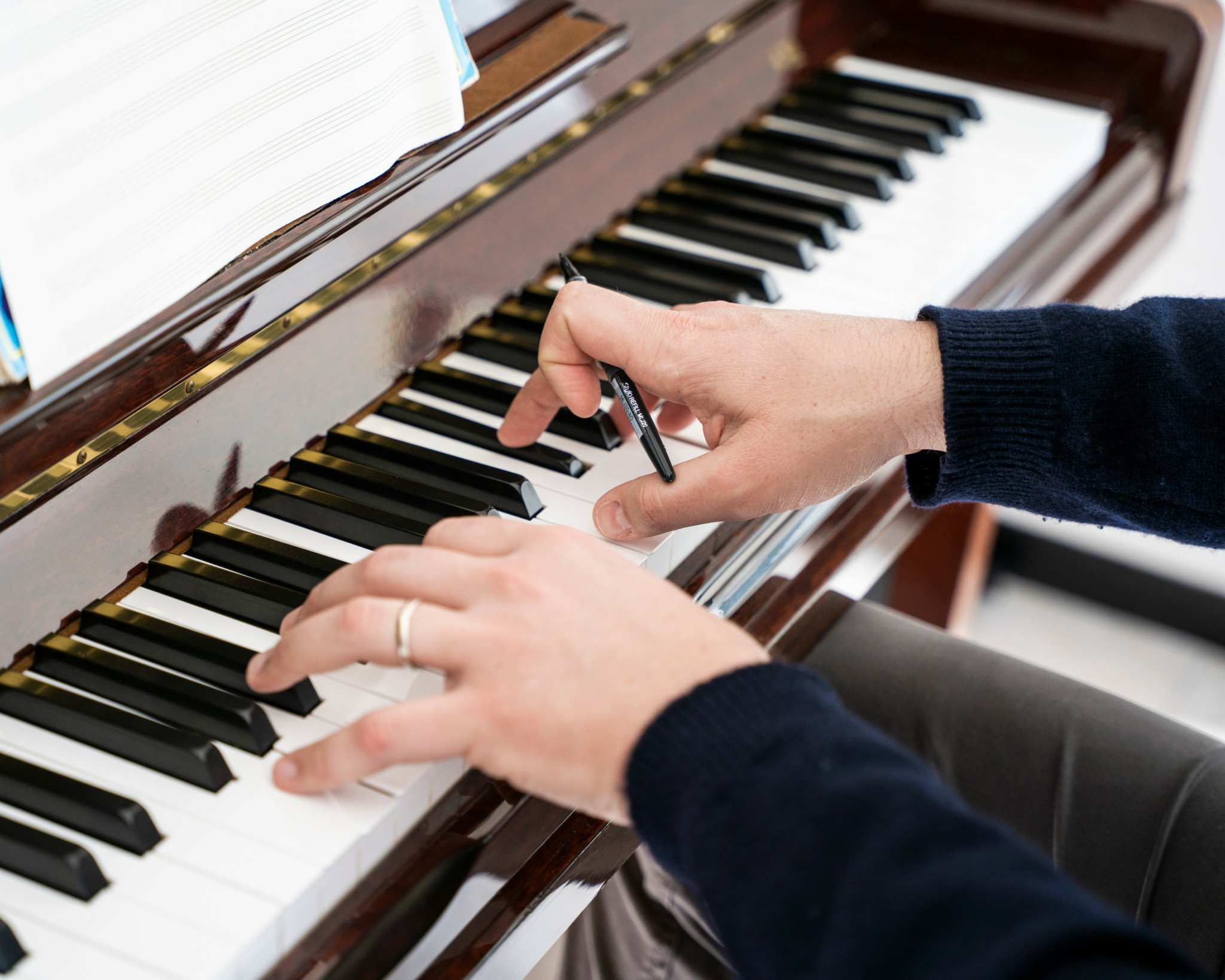
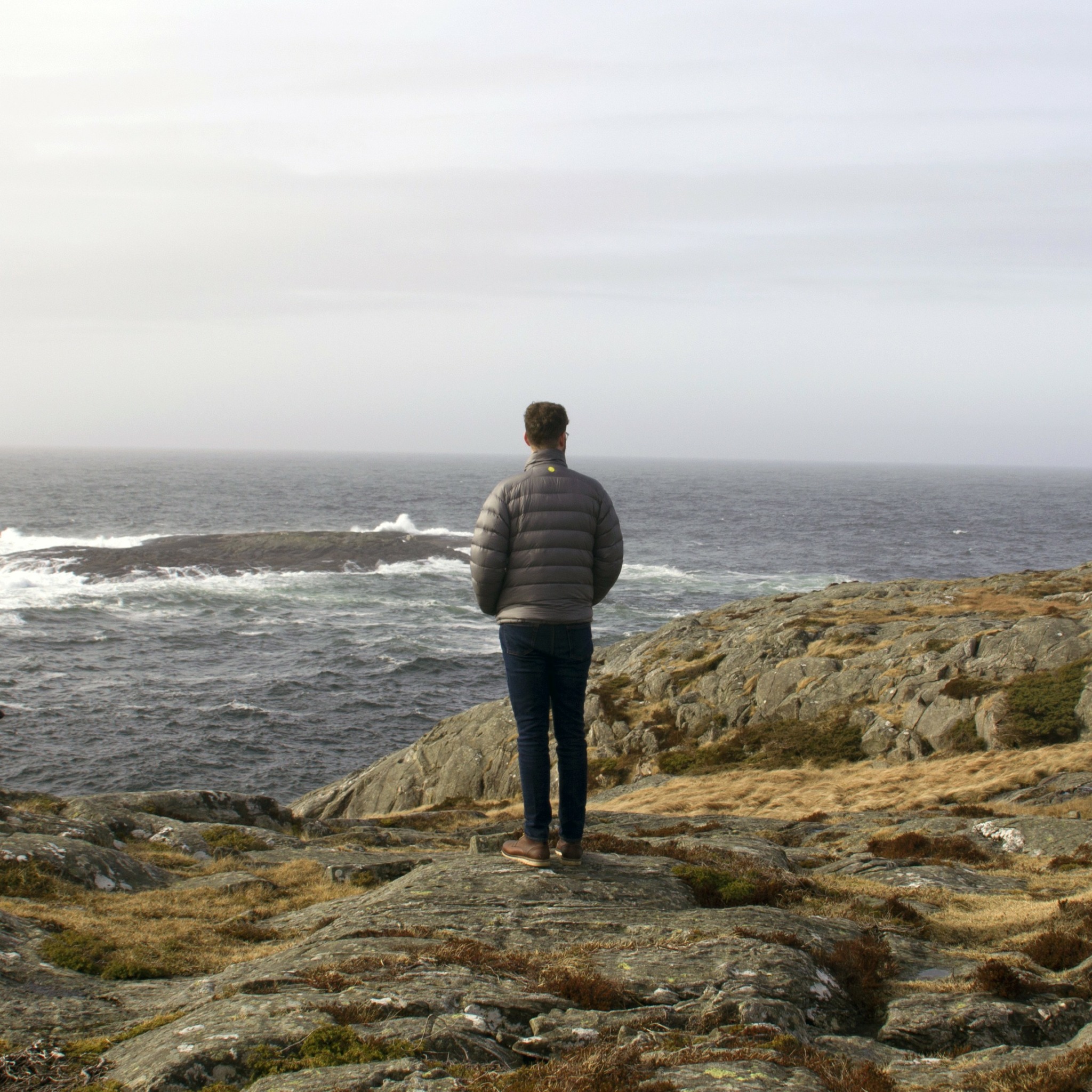
What can society do to ensure an environment that’s helpful to artists and creatives?
The most important thing that society can do to support artists is very, very simple. Show up. If there is a concert, a play, an exhibition, a restaurant opening: show up. People often think support is only about money, but what artists really need is people interested in their work. Show up.
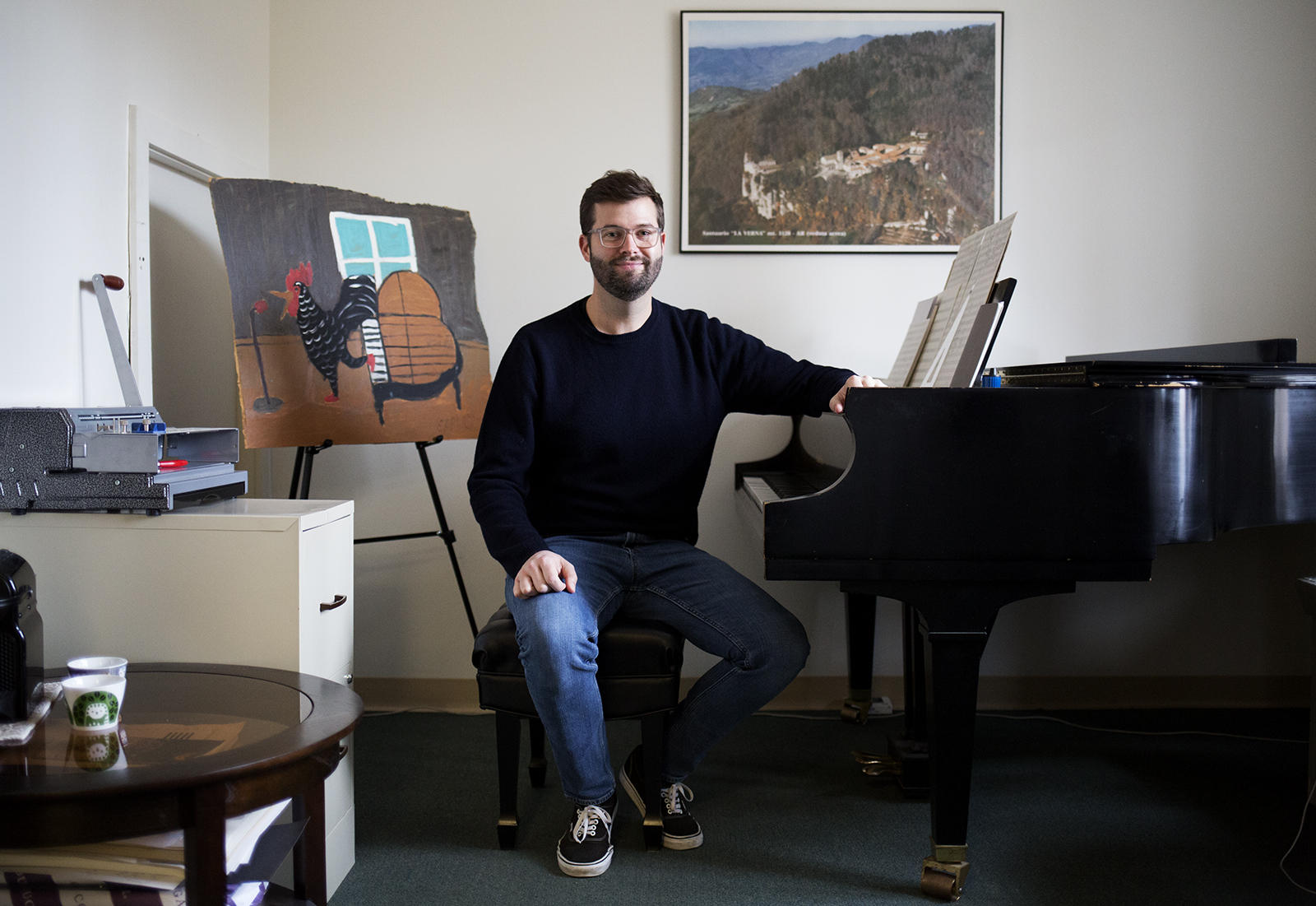
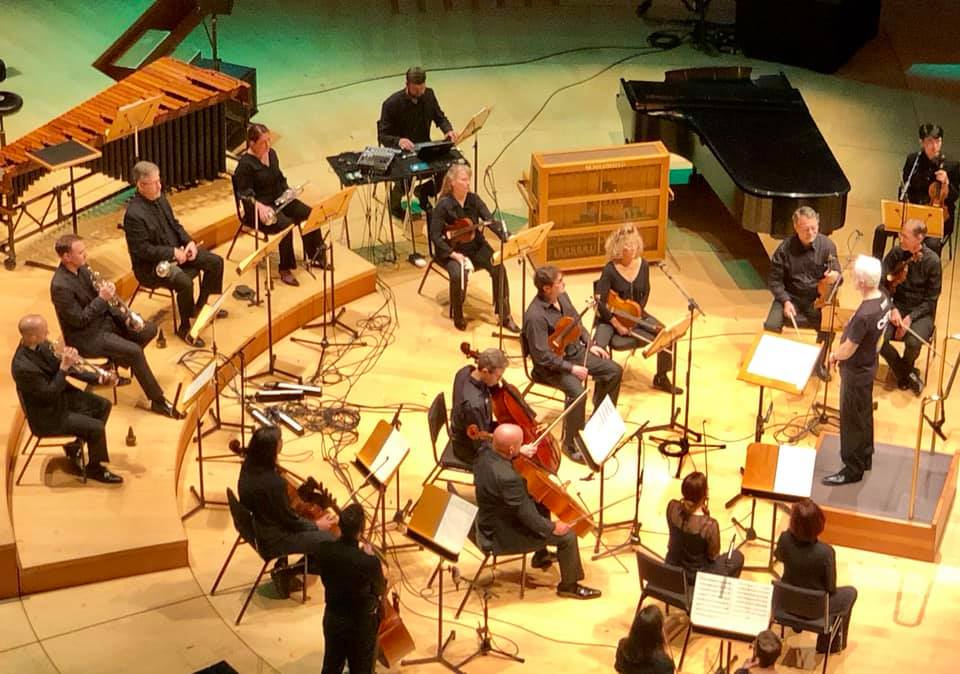
For you, what’s the most rewarding aspect of being a creative?
The most rewarding aspect of being an artist is that I get to meet and work with amazing people. There is a wonderful tradition of mentorship and intergenerational teaching and learning in the arts. This puts you in the company of legends and geniuses and people with which you never thought you’d ever interact. Art is an amazing community. When you share in the struggle of self-expression, creation, and the artistic process with others it creates really strong lifelong bonds.
Contact Info:
- Website: https://www.christopher-stark.com
- Instagram: https://www.instagram.com/starkcomposer/
- Facebook: https://www.facebook.com/christopherstarkcomposer/
- Soundcloud: https://www.facebook.com/christopherstarkcomposer/
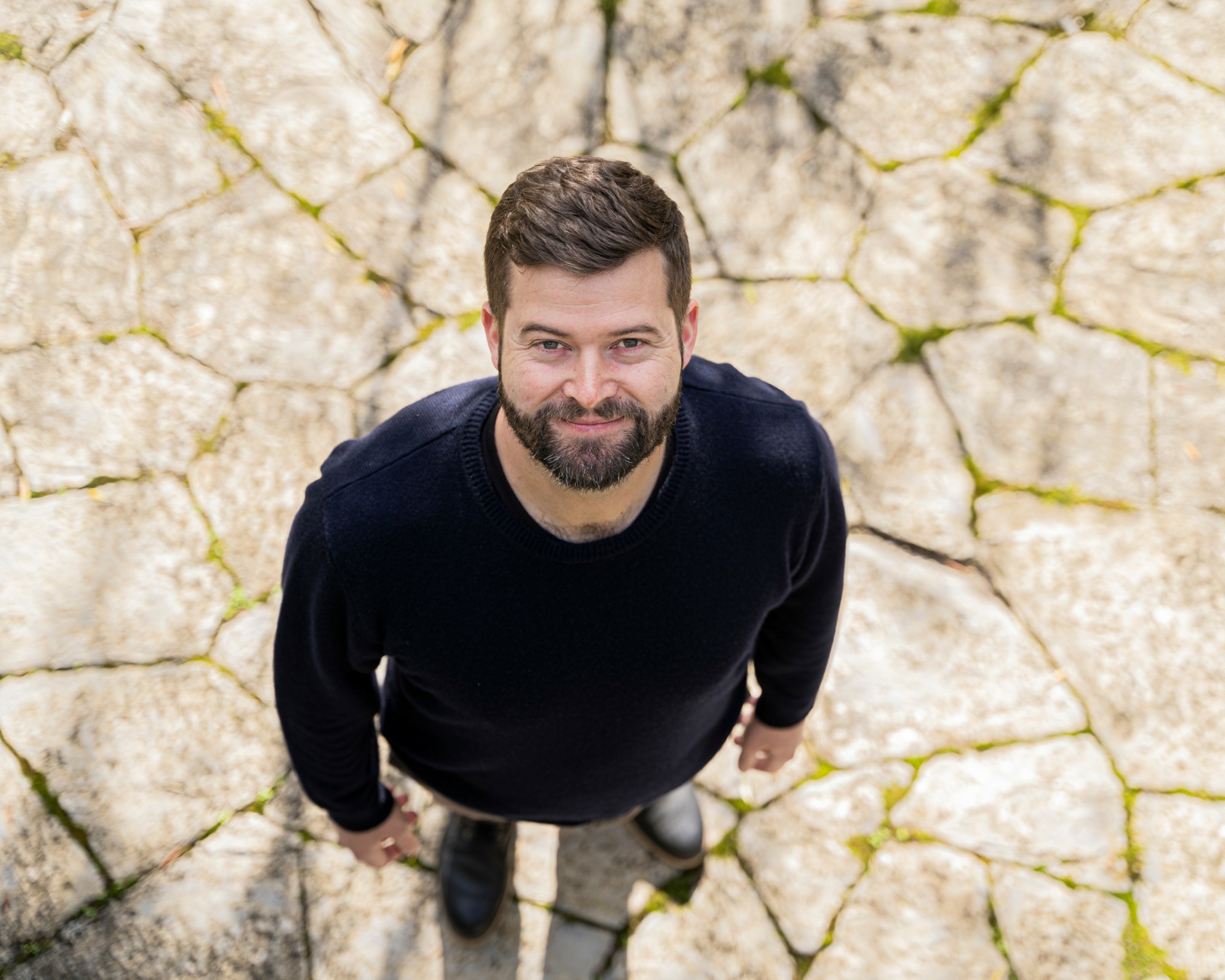
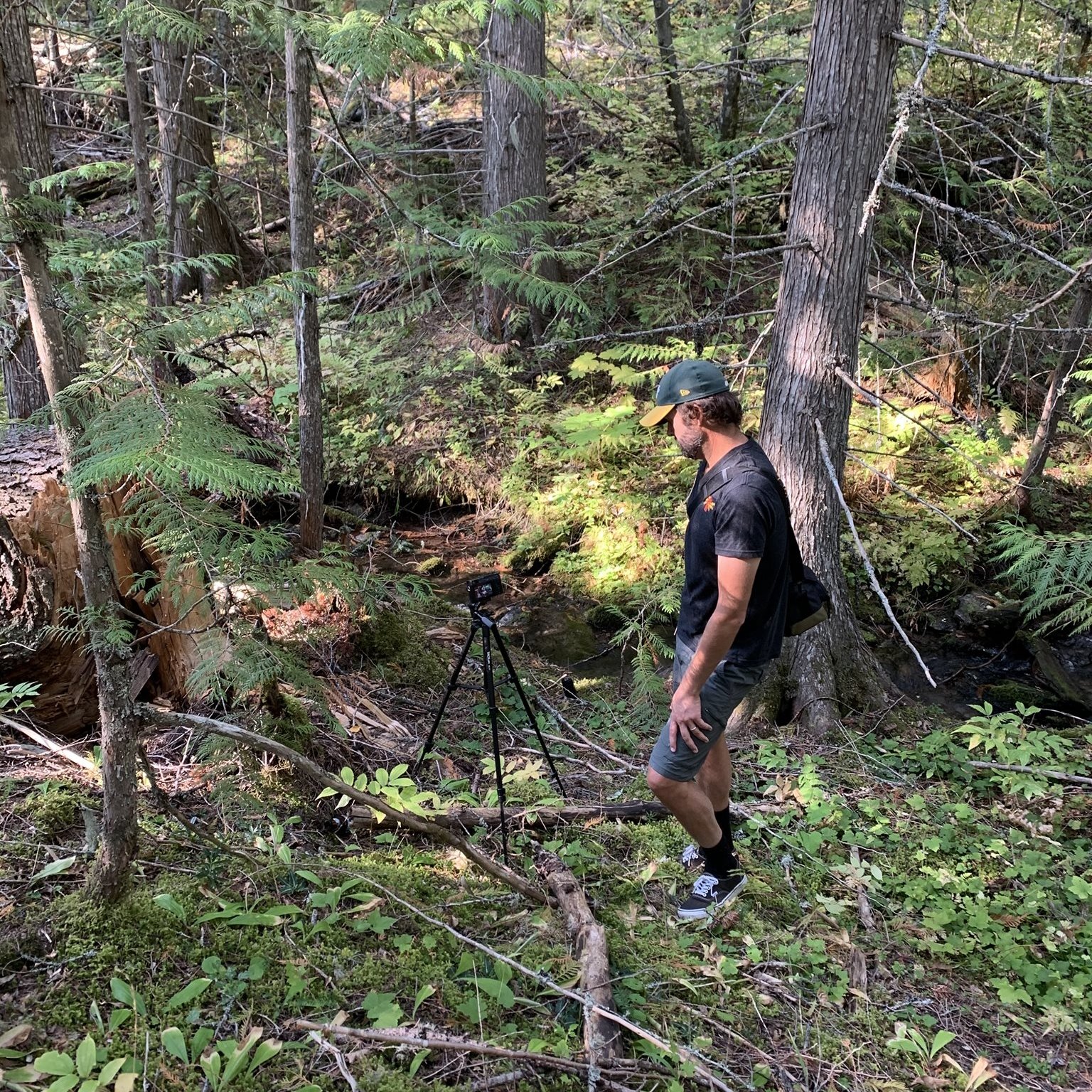
Image Credits
1: Virginia Harold 2: Fabio Bracarda 3: Laura Bianchi 4: none 5: Carolina Hidalgo 6: none 7: Laura Bianchi 8: none


